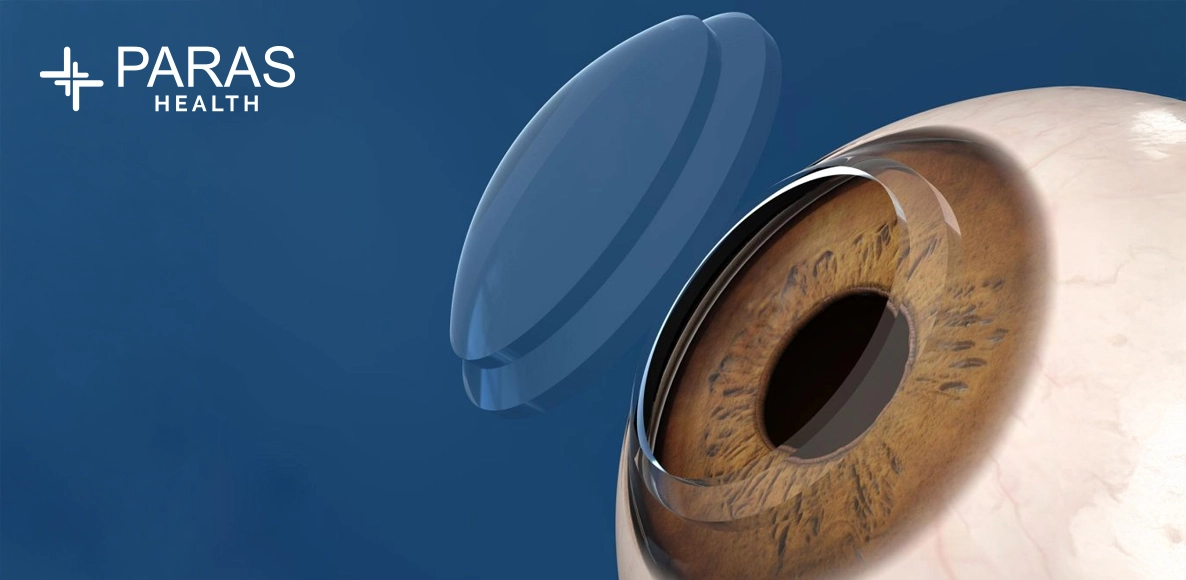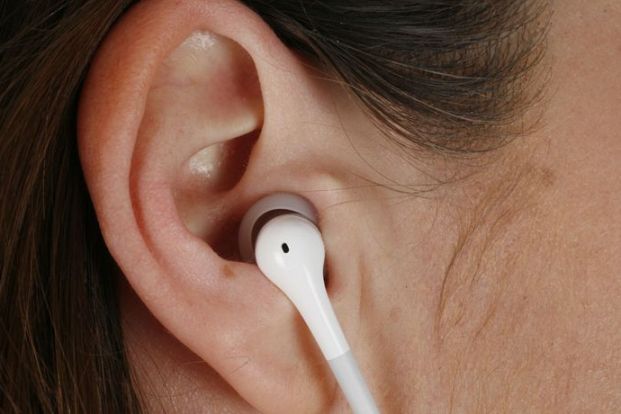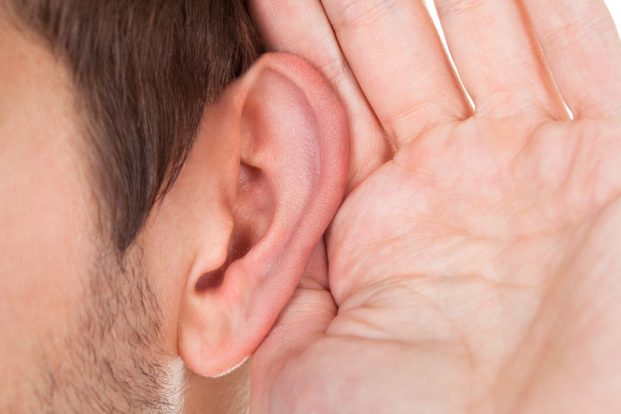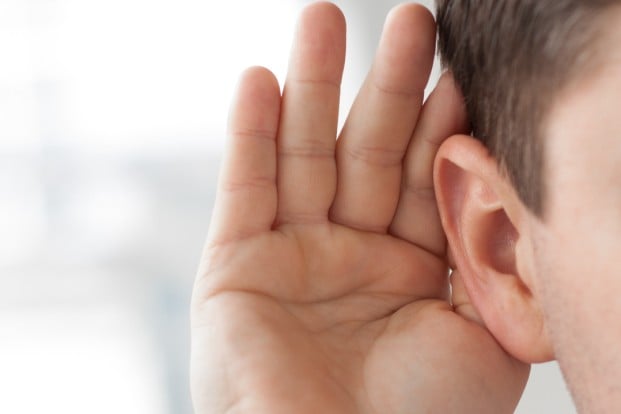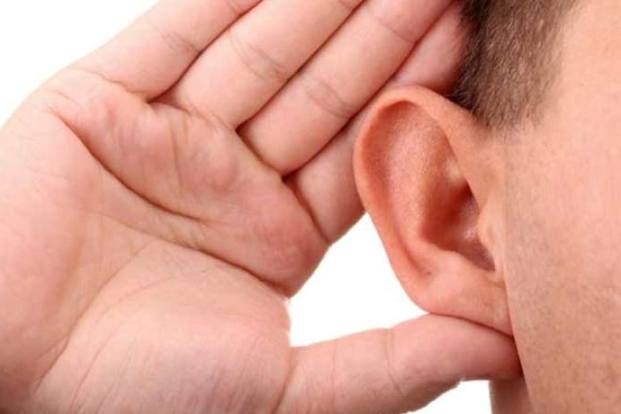Causes and diagnosis of Impaired smell

Apr 19, 2022
Impaired smell
Impaired smelling problem is known as the inability to smell normally in the daily course of life. It can imply complete lack of ability to smell or partial ability to smell. This can be a sign of many medical conditions & could be permanent or temporary.

Causes
Temporary loss of smell generally takes place along with the allergies or viral or bacterial infections like:
- Influenza
- Nasal allergies
- Hay fever
- Colds
Impaired sense of smell due to aging is normal. Impairment is generally distorted sense of smell and not a complete lack of ability to smell.
The other conditions that can result in an impaired smell are:
- Dementia (loss of memory) i.e. Alzheimer’s
- Brain tumors
- Neurological disorders such as Parkinson’s disease
- Malnutrition
- Head injuries
- Nasal surgeries or tumors
- Sinusitis
- Viral upper respiratory infections
- Radiation therapy
- Use of nasal decongestant
- Hormonal disturbances
Certain prescription medicines such as high blood pressure medicines or antibiotics, could also change our sense of smell or taste.
Diagnosis
When doubting an impaired sense of smell, we shall visit a doctor prior to using some over-the-counter product. We shall share with the doctor as to when we first noticed the change in our ability to smell & about any other symptoms we may experience.
Discuss the following questions with the doctor:
- Can I smell some food but not the others?
- Can I taste foods?
- What other symptoms do I have?
- Do I take any medicines?
- Have I recently had a flu or cold?
- Did I recently had any allergies?
Post the review of our medical history , doctor may perform a physical examination of our nose to identify any blockage in the nasal passages. The tests can include:
- MRI scan
- CT scan
- X-ray
- Nasal endoscopy (i.e. examination of nasal passages using a thin tube with a camera).
These tests would help doctor to have a closer of the structure of our nose. Imaging tests would reveal if there is a polyp or some other abnormal growth that obstructs our nasal passages. They may also assist in determining if some abnormal growth or some tumor in our brain is changing our sense of smell.


